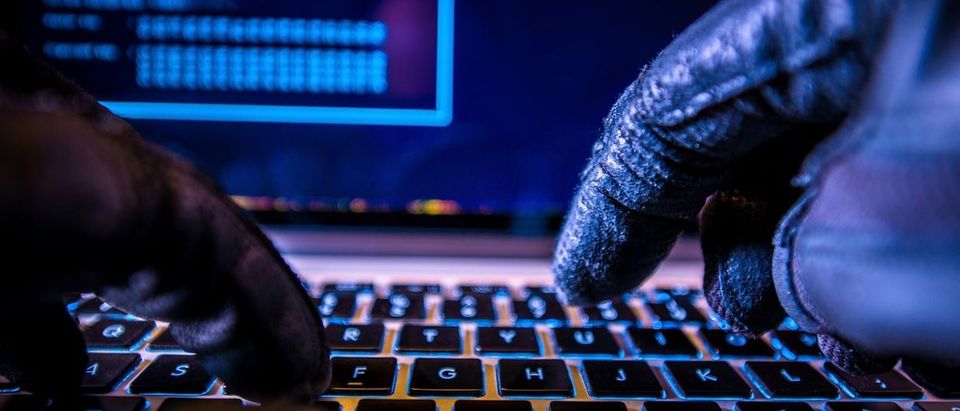Terrorist groups are attempting to steal radioactive materials from nuclear power plants with cyber attacks, according to a senior United Nations official.
Jan Eliasson, the deputy secretary-general of the UN, called terrorist groups stealing radioactive materials “a nightmare scenari0” that is rapidly becoming far more plausible. Eliasson said hacking could be used to make a power plant vulnerable to a direct assault.
“Preventing a WMD attack by a non-state actor will be a long-term challenge that requires long-term responses,” Eliasson told the UN Security Council. “These weapons are increasingly accessible.”
Terrorists attempted to hack an unnamed nuclear power plant about four years ago to obtain materials for a “dirty bomb,” the head of the UN nuclear watchdog told reporters in October. The UN never identified the nuclear plant or what country it was in, but plants in South Korea and Germany have been subjects of cyber attacks.
The sort of low-quality uranium and plutonium used in nuclear reactors could be used to make low-tech nuclear explosives often called “dirty bombs.” A dirty bomb combines radioactive material with conventional explosives, which could contaminate the local area with high radiation levels for long periods of time and cause mass panic, though it would be millions of times weaker than an actual nuclear device.
The Islamic State has expressed interest in stealing radioactive material for a dirty bomb. Actually employing this type of explosive would be very difficult for terrorists, however, as radiation is easy to track. It’s also hard to get sufficient quantities of uranium and plutonium.
Nuclear reactors are controlled by computer systems that cannot receive information from the internet, making them difficult to hack directly — but parts of the system are still vulnerable.
Government regulations, for example, force nuclear power plant officials to use pagers to communicate, which are vulnerable to hacking or physical attacks, according to a report published by a computer security company.
The increased networking of electrical grids worldwide allows for various time and money-saving features that make the day-to-day operations simpler, however, they also make the grid more vulnerable.
Cyber attacks shut down Ukraine’s power grid in Ivano-Frankivsk using a malware called BlackEnergy. The hack disconnected electrical substations from the main power grid and caused physical damage.
The Ukrainian government publicly blamed Russia for the attack that left about 700,000 homes without power for several hours on Dec. 23 of last year. Similar malware was used against Ukrainian media organizations during 2015 local elections.
A Freedom of Information Act request revealed that hackers successfully infiltrated the Department of Energy’s (DOE) computer systems more than 150 times between 2010 and 2014. The DOE was targeted 1,131 times over the same period.
The U.S. Department of Homeland Security twice warned American utilities about a type of malware similar to what took down Ukraine’s power grid in December, 2014, and again in June, 2015. American utilities, which are relatively well-defended compared to Ukraine’s, reported 13 different cyber break-ins between 2011 and 2014. A single one-minute of grid downtime can cost up to $15,447, according to analysis.
Send tips to andrew@
All content created by the Daily Caller News Foundation, an independent and nonpartisan newswire service, is available without charge to any legitimate news publisher that can provide a large audience. All republished articles must include our logo, our reporter’s byline and their DCNF affiliation. For any questions about our guidelines or partnering with us, please contact licensing@dailycallernewsfoundation.org.


